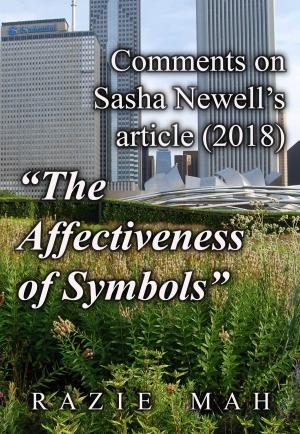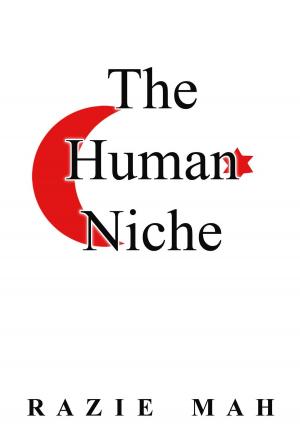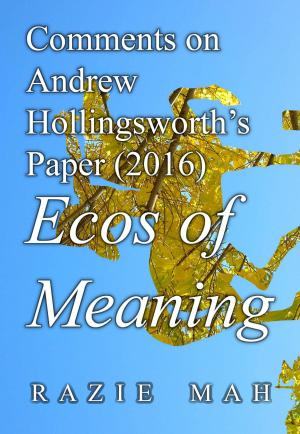Comments on “A Bio-Cultural-Historical Approach to the Study of Development (2016)”
Nonfiction, Health & Well Being, Psychology, Developmental Psychology, Social & Cultural Studies, Social Science| Author: | Razie Mah | ISBN: | 9781942824220 |
| Publisher: | Razie Mah | Publication: | November 27, 2015 |
| Imprint: | Smashwords Edition | Language: | English |
| Author: | Razie Mah |
| ISBN: | 9781942824220 |
| Publisher: | Razie Mah |
| Publication: | November 27, 2015 |
| Imprint: | Smashwords Edition |
| Language: | English |
Michael Cole (University of California, San Diego) and Martin Packer (University of Andes, Bogota) posted a draft of their contribution to volume 6 of Handbook of Advances in Culture and Psychology on academia.com. The title of their essay is “A Bio-Cultural Historical Approach to the Study of Development”. Cole and Packer point to an emerging consensus among cultural-developmental scientists.
This work summarizes, comments on, and re-articulates Cole and Packer’s unfolding ideas. The category-based nested form serves as a template for re-displaying their points in a semiotic framework. The results are a bit strange, but that should not deter anyone, because the ‘the topic of culture and human ontogeny’ informs us about who we are.
Michael Cole (University of California, San Diego) and Martin Packer (University of Andes, Bogota) posted a draft of their contribution to volume 6 of Handbook of Advances in Culture and Psychology on academia.com. The title of their essay is “A Bio-Cultural Historical Approach to the Study of Development”. Cole and Packer point to an emerging consensus among cultural-developmental scientists.
This work summarizes, comments on, and re-articulates Cole and Packer’s unfolding ideas. The category-based nested form serves as a template for re-displaying their points in a semiotic framework. The results are a bit strange, but that should not deter anyone, because the ‘the topic of culture and human ontogeny’ informs us about who we are.















